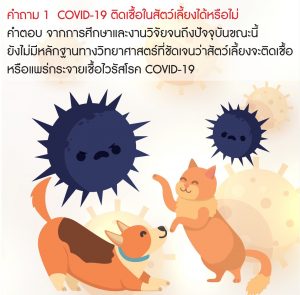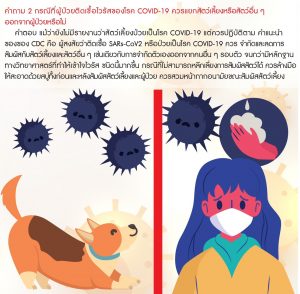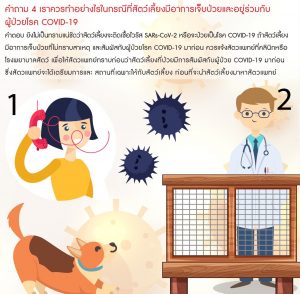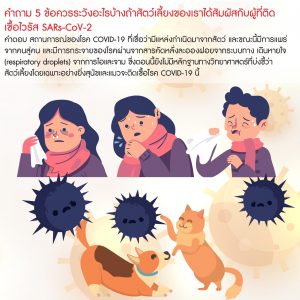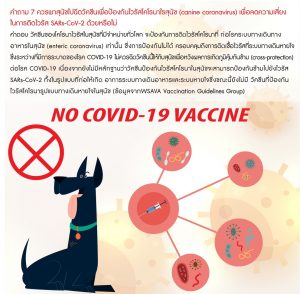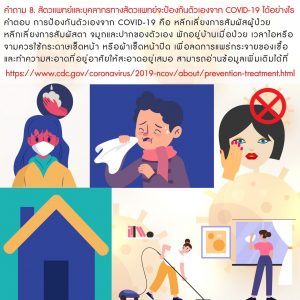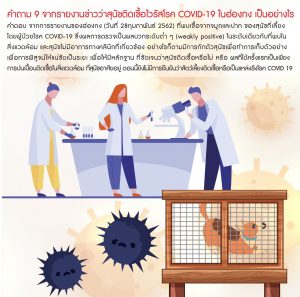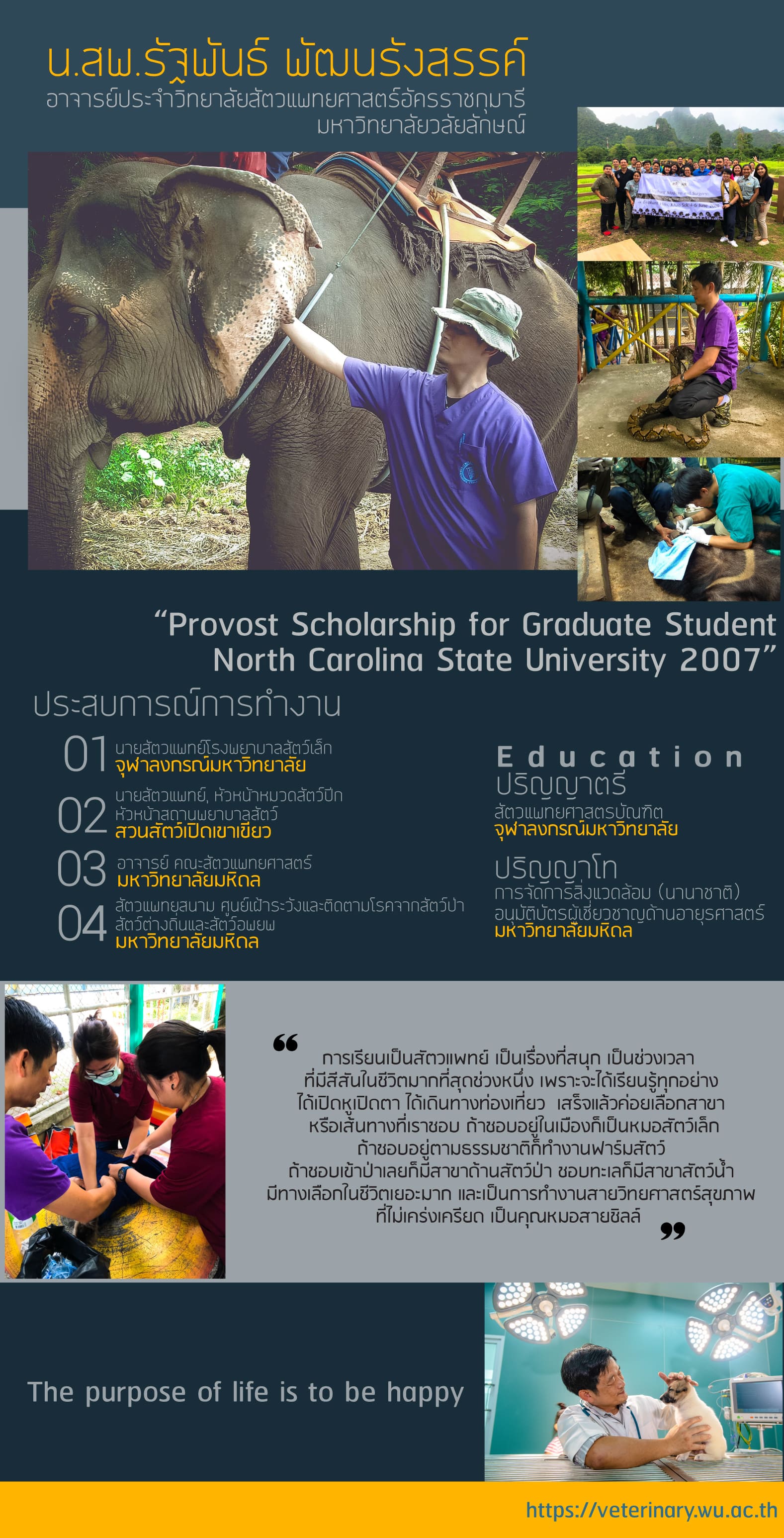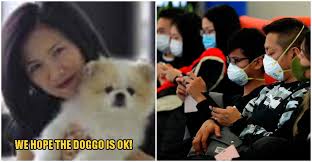
In China, pet owners start abandoning their pets due to the news about a pet dog in Hong Kong tested “weakly positive” for the Coronavirus COVID-19 on February 28, 2020. The test was done on the dog’s nose and mouth samples after its owner tested positive for the COVID-19 virus. The dog shows no sign of illness and is quarantined for further testing. More tests are needed to ensure that “weakly positive” result is not caused by environmental contamination.
According to the American Veterinary Medical Association, the World Small Animal Veterinary Association (WSAVA), the World Organization for Animal Health, the World Health Organization and the Centers for Disease Control and Prevention, there is no evidence at this time to suggest that dogs and cats can be a source of the COVID-19 infection in human.
In response to the pet abandonment in China, WSAVA Scientific and One Health Committees issue an advisory document on February 29, 2020 for veterinarians around the world.
Here are some advices for veterinarians in dealing with their clients:
What is the WSAVA’s response to reports that a dog has been “infected” with COVID-19 in Hong Kong?
Reports from Hong Kong on February 28, indicated that the pet dog of an infected patient had tested ‘weakly positive’ to COVID-19 after routine testing. The Hong Kong SAR Agriculture, Fisheries and Conservation Department (AFCD) has reported that the dog, which is showing no relevant clinical signs, has been quarantined and further samples will be collected to confirm if the dog is actually infected with the virus, or if the test result has been caused by environmental contamination.
The AFCD’s website further states that it does not have evidence that pet animals can be infected with COVID-19 virus or can be a source of infection to people. WSAVA urges pet owners in areas where there are known human cases of COVID-19 to continue to follow the information in its Advisory, including washing their hands before interacting with their pets and, if sick, wearing face masks around them.
Can COVID-19 infect pets?
Currently there is no evidence that companion animals can be infected with or spread COVID-19. This is a rapidly evolving situation and information will be updated as it becomes available.
Should I avoid contact with pets or other animals if I am sick with COVID-19?
The CDC recommends the following: “You should restrict contact with pets and other animals while you are sick with COVID-19, just like you would around other people. Although there have not been reports of pets or other animals becoming sick with COVID-19, it is still recommended that people sick with COVID-19 limit contact with animals until more information is known about the virus. When possible, have another member of your household care for your animals while you are sick. If you are sick with COVID-19, avoid contact with your pet, including petting, snuggling, being kissed or licked, and sharing food. If you must care for your pet or be around animals while you are sick, wash your hands before and after you interact with pets and wear a facemask.” Please check for new updates on CDC’s website.
If my pet has been in contact with someone who is sick from COVID-19, can it spread the disease to other people?
While we do not yet know for sure, there is no evidence that companion animals can be infected with or spread SARS-Cov-2. We also do not know if they could get sick from this new coronavirus. Additionally, there is currently no evidence that companion animals could be a source of infection to people. This is a rapidly evolving situation and information will be updated as it becomes available.
What should I do if my pet develops an unexplained illness and was around a person with documented COVID-19 infection?
We don’t yet know if companion animals can get infected by SARS-Cov-2 or sick with COVID-19. If your pet develops an unexplained illness and has been exposed to a person infected with COVID-19, talk to the public health official working with the person infected with COVID-19. If your area has a public health veterinarian, the public health official will consult with them or another appropriate official. If the state public health veterinarian, or other public health official, advises you to take your pet to a veterinary clinic, call your veterinary clinic before you go to let them know that you are bringing a sick pet that has been exposed to a person infected with COVID-19. This will allow the clinic time to prepare an isolation area. Do not take the animal to a veterinary clinic unless you are instructed to do so by a public health official.
What are the concerns regarding pets that have been in contact with people infected with this virus?
While COVID-19 seems to have emerged from an animal source, it is now spreading from person-to-person. Person-to-person spread is thought to occur mainly via respiratory droplets produced when an infected person coughs or sneezes. At this time, it’s unclear how easily or sustainably this virus is spreading between people. Learn what is known about the spread of newly emerged coronaviruses. Importantly, there is no evidence that companion animals including pets such as dogs and cats, can become infected with COVID-19.
What should be done with pets in areas where the virus is active?
Currently there is no evidence that pets can be infected with this new coronavirus. Although there have not been reports of pets or other animals becoming sick with COVID-19, until we know more, pet owners should avoid contact with animals they are unfamiliar with and always wash their hands before and after they interact with animals. If owners are sick with COVID-19, they should avoid contact with animals in their household, including petting, snuggling, being kissed or licked, and sharing food. If they need to care for their pet or be around animals while they are sick, they should wash their hands before and after they interact with them and wear a facemask.
This is a rapidly evolving situation and information will be updated as it becomes available.
Should veterinarians start to vaccinate dogs against canine coronavirus because of the risk of SARS-Cov-2?
The canine coronavirus vaccines available in some global markets are intended to protect against enteric coronavirus infection and are NOT licensed for protection against respiratory infections. Veterinarians should NOT use such vaccines in the face of the current outbreak thinking that there may be some form of cross-protection against COVID-19. There is absolutely no evidence that vaccinating dogs with commercially available vaccines will provide cross-protection against the infection by COVID-19, since the enteric and respiratory viruses are distinctly different variants of coronavirus. No vaccines are currently available in any market for respiratory coronavirus infection in the dog. [Information from the WSAVA Vaccination Guidelines Group].
We will update our Guidance as further information becomes available.
Note: WSAVA recognizes that not all recommendations will apply to all areas or all regions at all times, depending on the epidemiological risk and risk mitigation in the area. WSAVA encourages veterinarians to keep in close contact with, and follow the directions of, their local veterinary authority.



